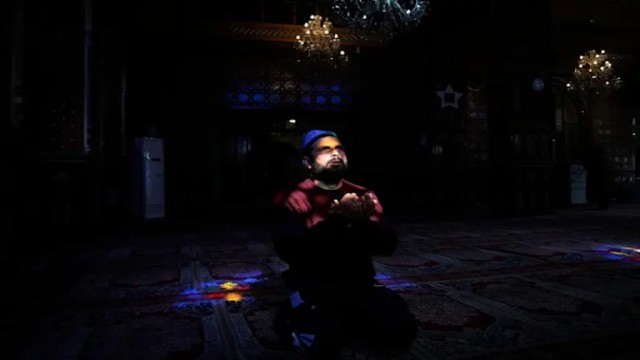
Image: The Associated Press
India’s parliament passed a bill on Thursday that changes the rules for managing Muslim charitable endowments known as waqfs. Prime Minister Narendra Modi’s government says the bill will improve transparency and reduce corruption. However, critics argue it could weaken Muslim rights and allow the government to take control of historic mosques and other properties.
The new law will add non-Muslims to waqf boards, which currently manage religious and charitable properties for the Muslim community. It will also give government officials more authority to verify land ownership. The ruling party insists these changes will ensure better administration, but many Muslims and opposition leaders believe the bill is politically motivated.
Heated Debate in Parliament
The bill sparked a fierce debate in parliament. The opposition called it unconstitutional and accused the government of unfairly targeting Muslims. Despite not having a majority in the Lower House, Modi’s party managed to pass the bill with support from its allies. A total of 288 lawmakers voted in favor, while 232 opposed it. The bill now moves to the Upper House for approval before being signed into law by President Droupadi Murmu.
Minority Affairs Minister Kiren Rijiju defended the bill, saying it would bring more accountability to waqf boards. However, opposition leaders claim that the government ignored their suggestions. They argue that the law is a step toward eroding Muslim control over their own religious properties.
What is a Waqf?
A waqf is a type of Islamic charitable foundation where a person donates land or property for religious or social good. These properties are often used for mosques, schools, orphanages, and graveyards. India has around 872,000 waqf properties covering over 1 million acres of land, valued at more than $14 billion. Many of these endowments date back centuries and lack modern legal documentation.
Changes to Waqf Management
Until now, only Muslims served on waqf boards. The new law requires non-Muslims to be included as well. Home Minister Amit Shah said these members would focus only on administrative duties, not religious matters. However, critics fear their involvement could undermine Muslim decision-making.
Another major change involves how waqf boards prove ownership of land. The law now requires them to get approval from district officials to validate their claims. Many waqf properties were donated long ago without official records, and this rule could put them at risk.
Concerns Over Historic Mosques
One of the biggest fears among Muslims is the impact on historic mosques. Hindu nationalist groups have claimed that several mosques in India were built on Hindu temple ruins. Many of these claims are in court, and critics worry the new law could be used to justify seizing Muslim places of worship.
Opposition leader Rahul Gandhi strongly condemned the bill. He called it a tool to weaken Muslim rights and warned that it could later be used to target other religious communities.
Growing Fear Among Muslims
Muslims in India already face discrimination and attacks. Many feel the new law gives the government more power over their properties at a time when religious tensions are rising. International organizations have also raised concerns about worsening religious freedom in India.
Despite the controversy, Modi’s government insists the law is fair and aims to improve governance. With Muslims making up 14% of India’s population, the issue remains highly sensitive. The bill’s fate now depends on its passage in the Upper House.















